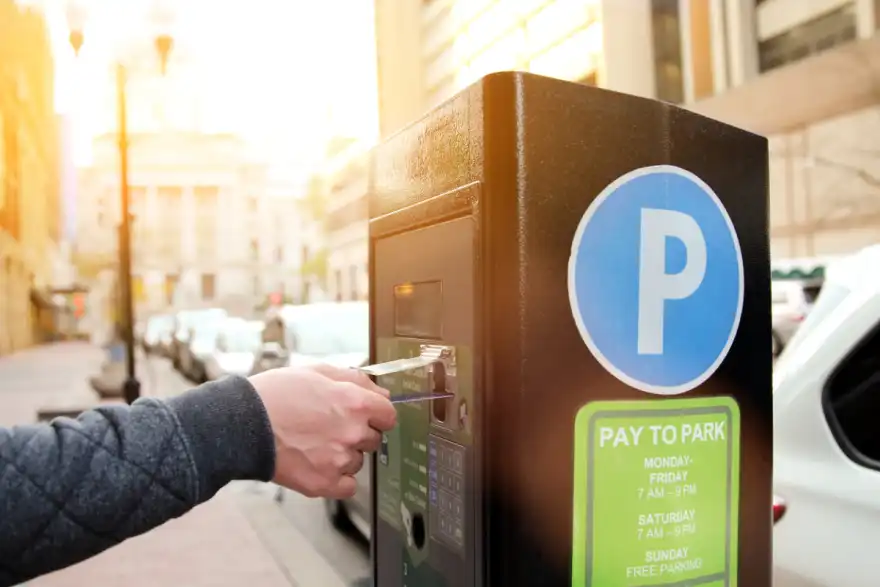
Councils across the UK are hiking parking charges as they try to meet clean-air targets and fill gaps in their budgets.
The changes include higher fees for larger vehicles, stricter parking rules, fewer on-street spaces, and new charges in areas that were previously free to park.
It’s not surprising, considering councils made over £1 billion from parking fees last year—8% more than in 2023. One of the latest councils to introduce higher charges is Haringey in London. It’s proposing to scrap the £5 daily visitor permit and replace it with an hourly rate of £1.20. That means parking for 14 hours could cost drivers £17. The council says this change is needed to stop misuse, but campaigners argue it’s just a way to make more money.
Some councils have already pushed through big increases. Bristol has more than doubled the price of first-vehicle parking permits from £56 to £124. Wolverhampton doubled its car park charges last year, with some locations now charging £9 for a 12-hour stay—up from £4.50. A council spokesperson admitted the new fees are expected to bring in an extra £1 million annually.
Other councils, including Dudley, South Gloucestershire, and Breckford in Norfolk, are planning to scrap free parking altogether. Dudley currently offers two free hours, but new plans would introduce charges starting at £1.20 for one hour and £2.50 for two. Dudley Council leader Patrick Harley defended the move, saying, “No one is going to die from having to pay £1.50 to park.”
Some councils are also considering extra fees for bigger cars. Haringey wants to charge residents up to £87 more per year for cars longer than 4.5m. Bristol is exploring a similar plan, potentially targeting heavier, more polluting cars—something Islington Council has already done. Even electric vehicles aren’t exempt, as the council claims their brake and tyre wear still contribute to pollution.
Meanwhile, London’s Lambeth Council is already reducing on-street parking, aiming to cut 25% of spaces in favor of EV chargers, emissions-based pricing, and diesel surcharges.
The message is clear: parking is getting more expensive, and there’s no sign of that changing anytime soon.


